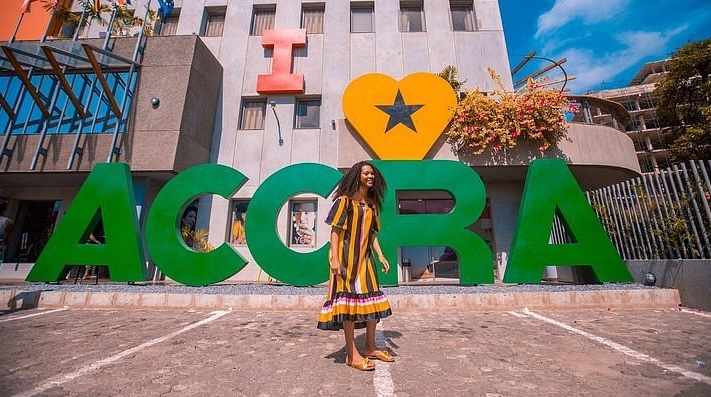Event Information
OFFICIAL HOTEL
GFBR 2025 will take place at the Labadi Beach Hotel, Accra. WHO is arranging the accommodation for funded participants. The hotel has reserved a number of rooms for self-funded participants, available on a first come, first serve basis. We suggest you book your accommodation as soon as possible. To make a reservation please contact Maya Dramani and mention GFBR:
Contact Details:
Tel: +233 30 277 2501-6
Mobile: +233 24 474 7670
Email: mdramani@labadibeachhotelgh.com.
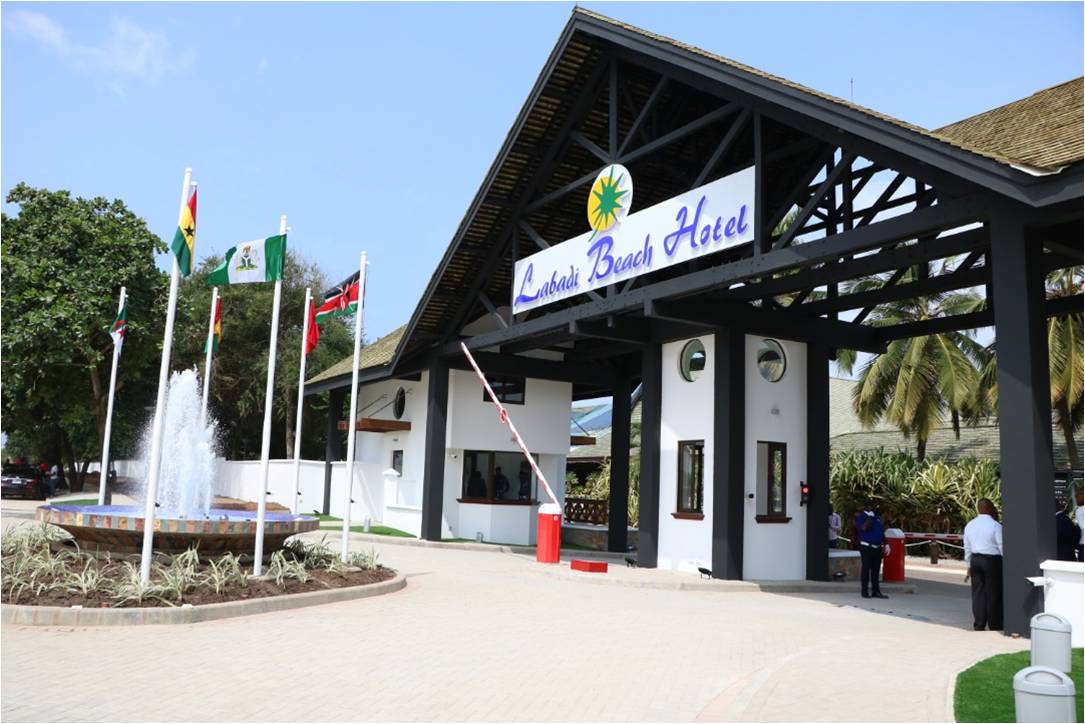
Visa and Travel Essentials
Visa & Entry Requirements
- Passport: Valid for at least 6 months after arrival.
- Visa: Required for most nationalities; apply at a Ghanaian embassy or via eVisa. ECOWAS citizens are visa exempt. Please click HERE for more information.
- Yellow Fever Certificate: Mandatory for all travellers.
- Other vaccinations: Typhoid, hepatitis A/B, meningitis (recommended).
- Arrival airports: Kotoka International Airport (Accra), Kumasi International Airport, Tamale International Airport.
Security & Safety
Ghana is considered one of Africa’s safest countries for tourists, but practice standard precautions:
- Avoid isolated areas at night.
- Use ride-hail (Uber, Bolt, Yango) or prebooked taxis.
- Watch personal belongings in crowded markets.
- Stay updated on local news. Emergency numbers: Police – 191; Ambulance – 112; Fire – 192.
Currency & Payments
- Currency: Ghanaian Cedi (GHS). Payment methods:
- Cash is king, especially in rural areas.
- Credit/debit cards accepted in hotels, malls, and major restaurants (Visa & Mastercard widely used).
- Mobile money (MTN MoMo, Vodafone Cash, Airtel Tigo Money) is widely used for payments and transfers.
- Tip: Exchange currency at banks or authorized forex bureaus; avoid street changers.
Telecommunications & Internet
- Major telcos: MTN (largest coverage), Vodafone, AirtelTigo.
- SIM cards: Available at airports and city outlets with passport ID.
- Internet: 4G widely available in cities; rural areas may have slower speeds. Wi-Fi is common in hotels, cafes, and co-working spaces.
- Upon arrival at Kototaka International Airport (KIA), you can purchase a prepaid SIM card from the telco kiosks in the arrival hall. Remember to bring your passport, as it’s required for registration.
Setting the scene
-
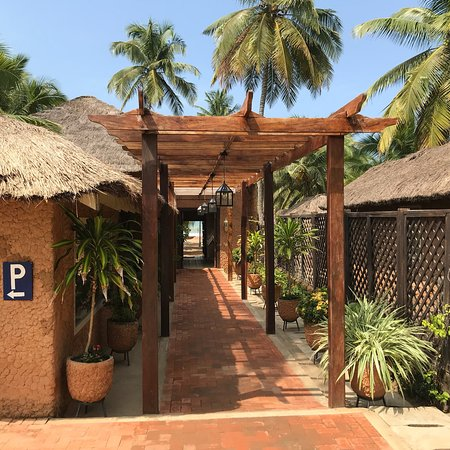
Location and Regions
Location: West Africa, bordered by Côte d’Ivoire (west), Burkina Faso (north), Togo (east), and the Gulf of Guinea (south).
Regions: 16 administrative regions, each with unique culture and landscapes.
-
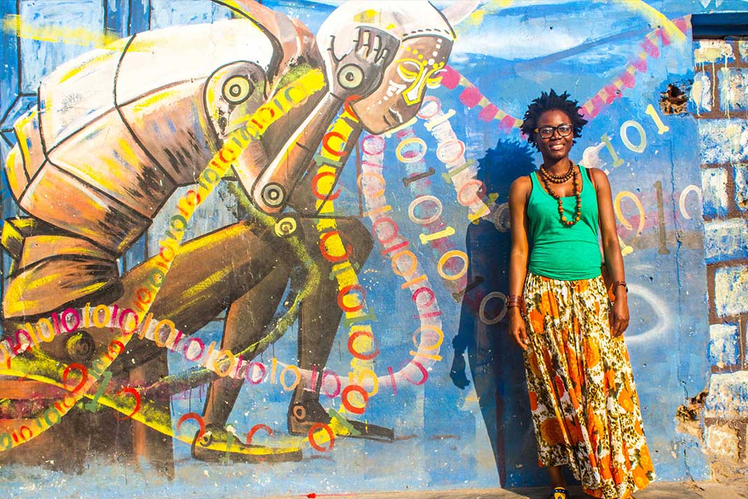
Climate
Climate: Tropical.
Dry season: November–March (ideal for travel).
Major rainy seasons: April–June & September–October (south).
-
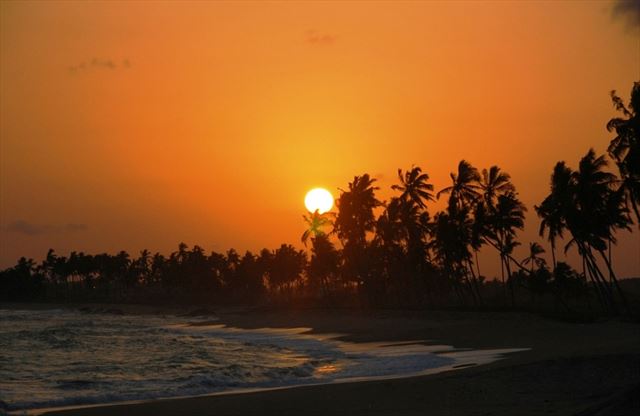
Temperature & Time Zone
Average temperature: 25°C–32°C
Time Zone: GMT (UTC +0) year-round; no daylight saving.
GHANA TOURIST GUIDE
Ghana, formerly known as the Gold Coast, has a rich and complex history that spans centuries. Long before European contact, the area was home to powerful African kingdoms such as the Ghana Empire (located further north), the Mali Empire, and later the Ashanti Empire, which played a dominant role in West African trade, culture, and politics.
From the 15th century onward, European powers including the Portuguese, Dutch, British, and others established trading posts along the coast, drawn by gold, ivory, and later the transatlantic slave trade. The British gradually took control and, in 1957, Ghana became the first subSaharan African country to gain independence from colonial rule, under the leadership of Dr. Kwame Nkrumah.
Since independence, Ghana has evolved into one of Africa’s most stable democracies, known for its peaceful transitions of power and commitment to development. Its history, from ancient kingdoms to modern nationhood, is a source of pride and a strong foundation for its cultural and national identity.
